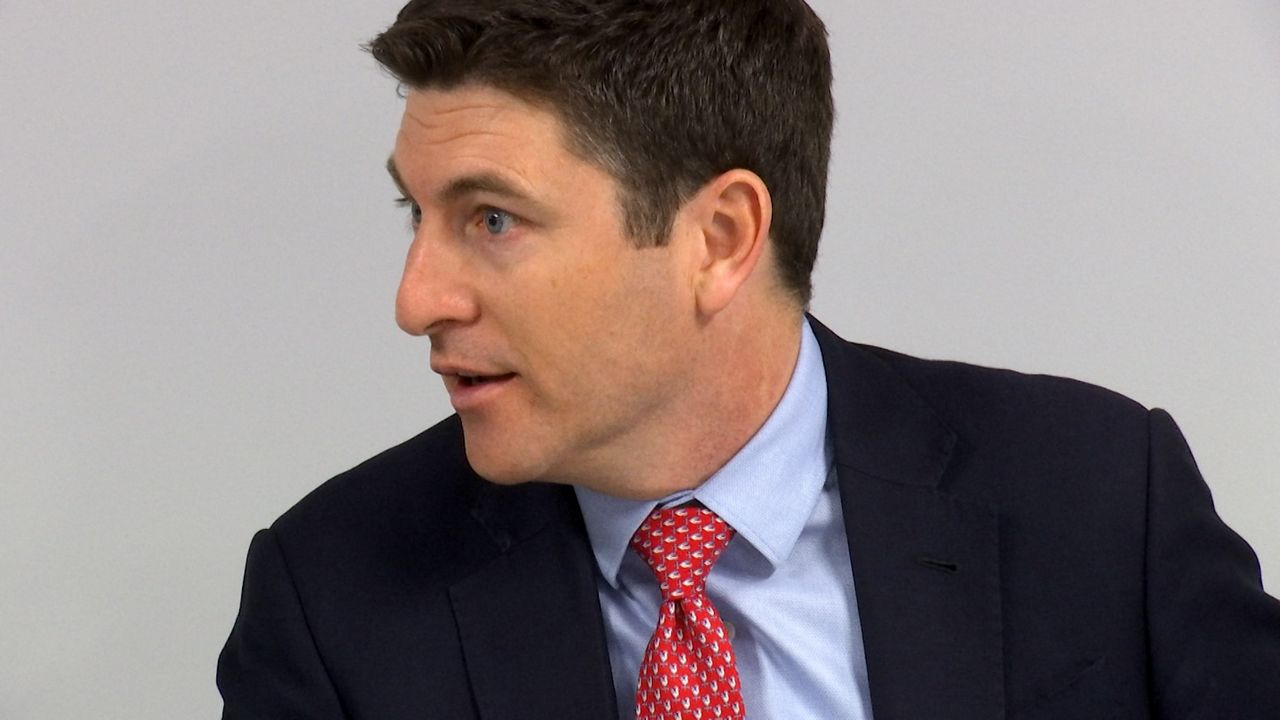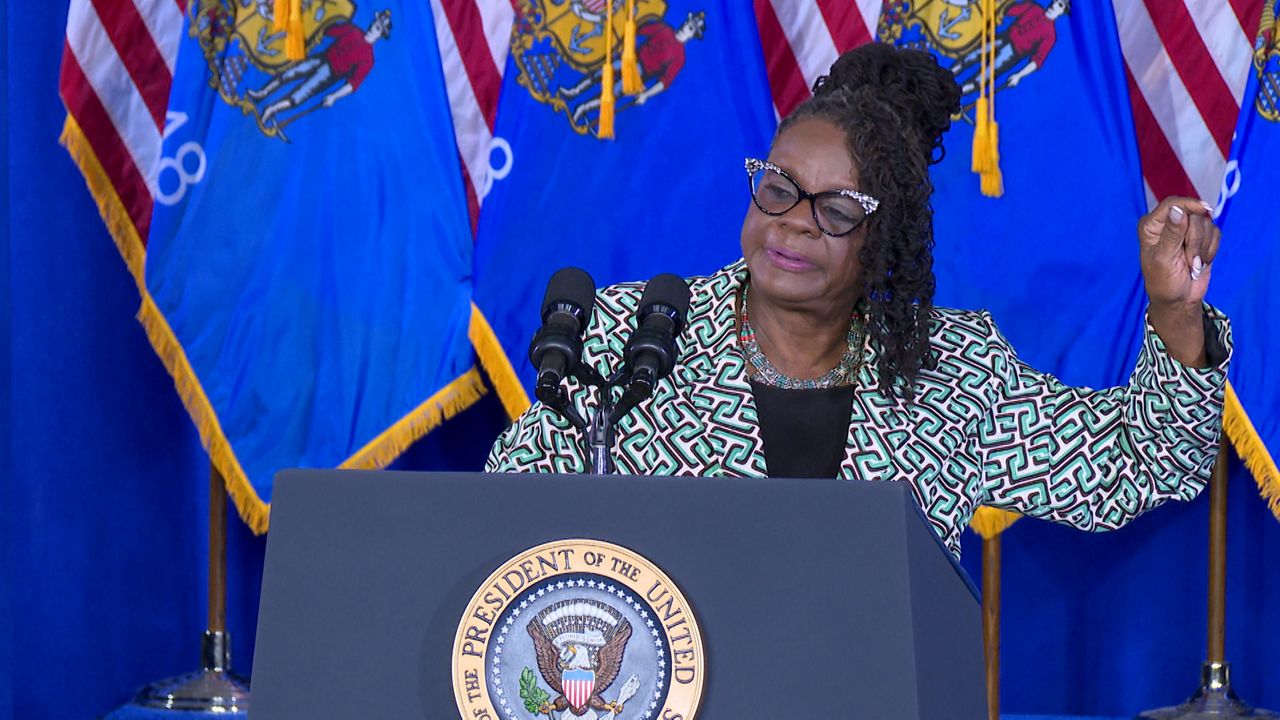WASHINGTON — This week, Sen. Tammy Baldwin, D-Wis., criticized budget cuts to the National Institutes of Health (NIH), the global leader in biomedical research.
“This is cruelty,” she said in Washington on Wednesday.
President Donald Trump and his billionaire adviser Elon Musk are slashing federal spending, an effort the Republicans said is necessary to reduce the federal deficit and protect taxpayers.
“We can all agree that government should be more efficient, but here is where I disagree with Elon Musk and Donald Trump: Cures for Alzheimer's disease and cancer are not waste or fraud or abuse,” Baldwin said.
At a forum on Capitol Hill, Sterling Johnson, University of Wisconsin-Madison professor and associate director of the Wisconsin Alzheimer’s Disease Research Center, highlighted the role of federal funding in Alzheimer’s research, including the development of tools to diagnose the disease.
Johnson, other experts and several Democratic lawmakers stressed that cutting NIH spending means Alzheimer’s research and clinical trials will stall, and potential treatments and cures will be delayed, if they’re even discovered at all.
“If these cuts go into effect, studies will be delayed and slowed,” Johnson said. “We will lose ground on hard won progress. Every setback costs lives and quality of life and increases the already staggering $360 billion annual cost of Alzheimer's health care.”
Baldwin called out the Trump administration for stopping $65 million in funding for 14 Alzheimer’s Disease Research Centers. Though UW-Madison was not one of them, Johnson said cuts to NIH will impact the national mission of researching Alzheimer’s disease.
“There's going to be delays in our ability to achieve our milestones on our grants because of the lack of a workforce,” he said. “This is going to affect our patients if we cannot get to those answers that our research designs call for, then we don’t get to those answers.”
White House spokesman Kush Desai released the following statement to Spectrum News 1 regarding the matter:
“The Trump administration is committed to delivering on President Trump’s mandate to Make America Healthy Again with cutting-edge science and cutting the waste, fraud, and abuse in our bloated government. Capping the NIH’s funding of indirect grants that go to administrative and overhead costs to increase how much the NIH can instead spend on legitimate scientific research through more transparent direct funding grants is indicative of how this administration is accomplishing both goals.”
According to the Alzheimer’s Association, more than 110,000 people in Wisconsin are living with the disease. The Association calls it a “growing public health crisis” in the state and nation.












